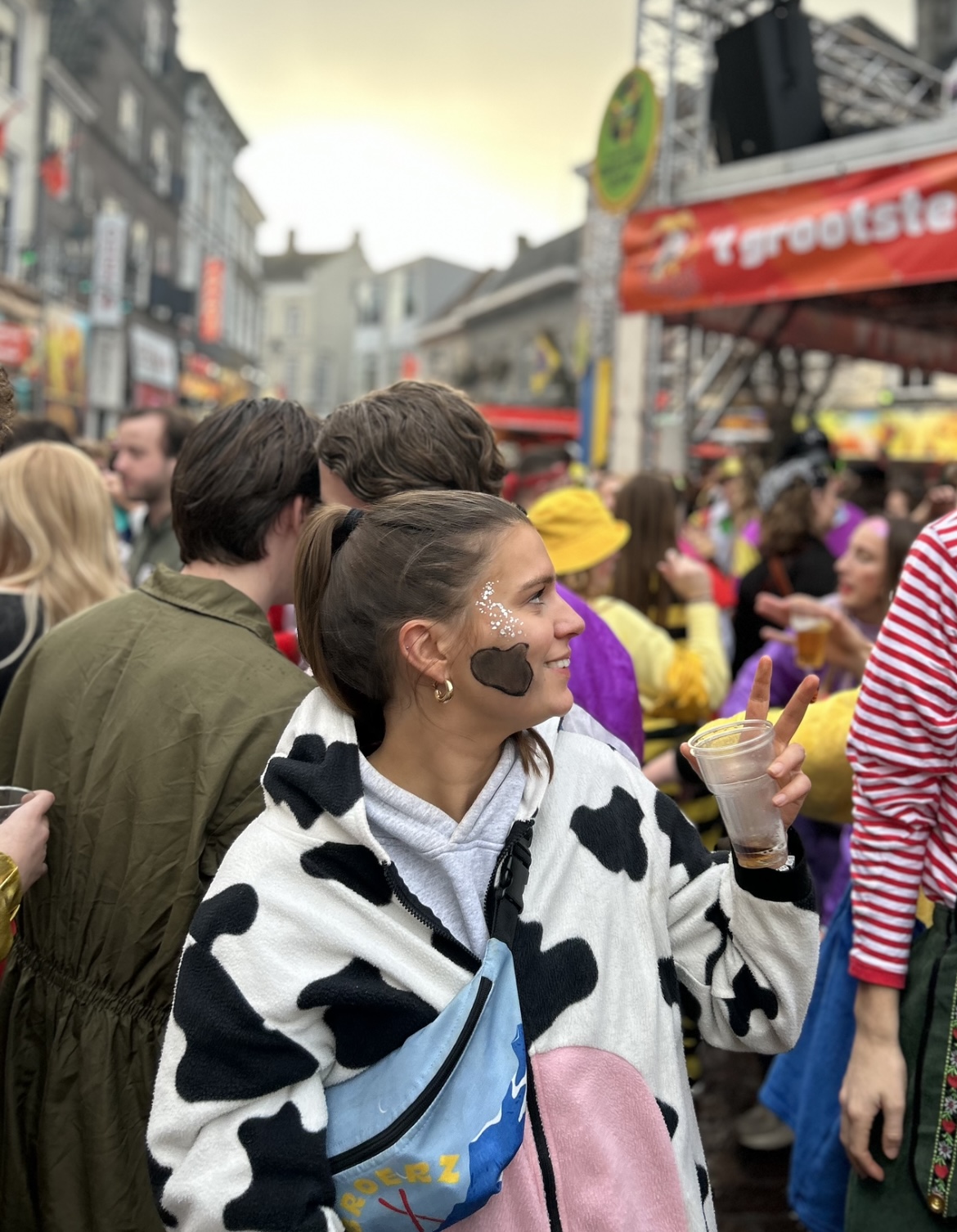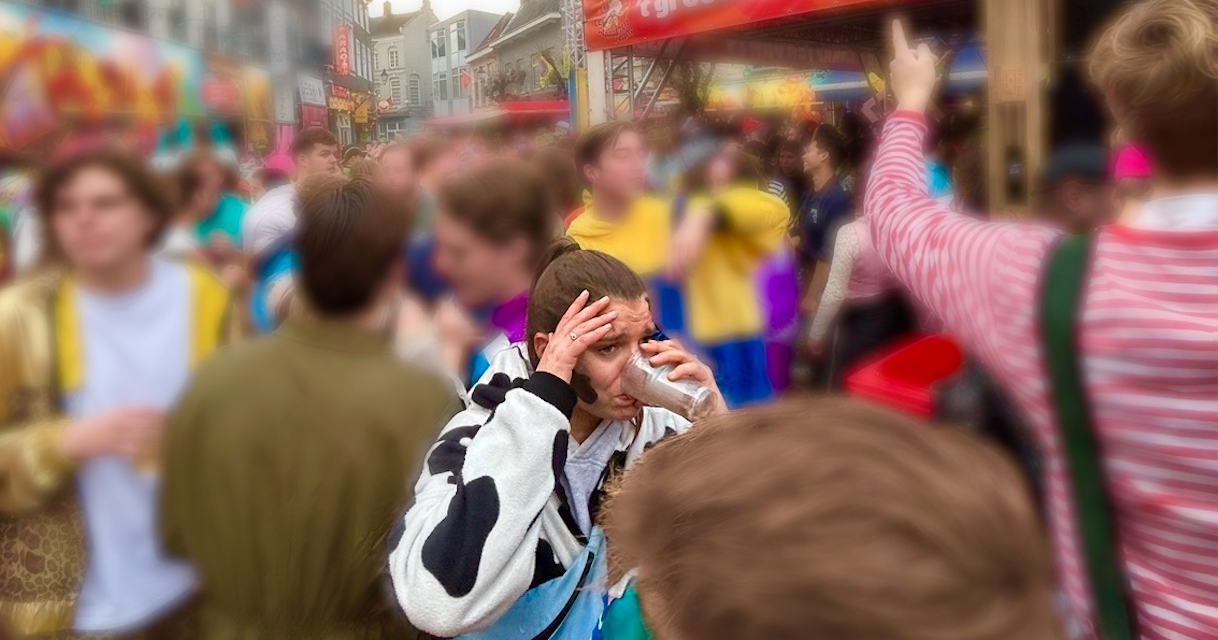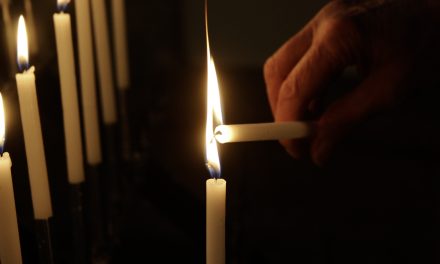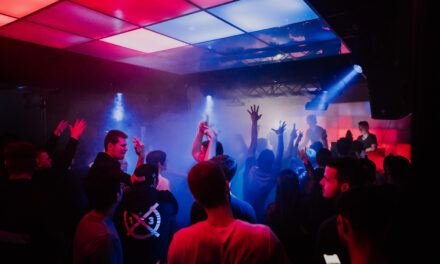Carnival: a Catholic festival to celebrate one more time before fasting for the 40 days to Easter. Originally the celebration occurred in Italy, where it was a big masked ball. This ball attracted so many people that it spread to more parts of Europe. So at this time it was one last feast before the meat was taken away. Over the years, Carnival became more and more popular and different regions all created their own traditions. In fact, Carnival became so popular that people attended it purely because they wanted to party but were not interested in traditions. But what is the big difference between those ‘party crashers’ and the cultural celebrators of Carnival?
The carnival season begins in both Limburg and Brabant on November 11: “the eleventh of the eleventh”. Prince Carnival is also officially chosen on this day: the central figure of the party who temporarily takes over power from the mayor. So during Carnival, he rules (with a wink) over all the inhabitants of a village or town. Within Catholicism, the number eleven has a special significance because it is the number just before the sacred number twelve, so it is symbolizing the imperfectionism. The number is therefore known as the “crazy number”, a word that also happens to have eleven letters in Dutch. The other “holidays” of Carnival are in February. During these days, parades, costuming and music are the main focus. One explanation for the traditional parades is that Carnival is a corruption of the Latin word for ship chariot, “carrus navalis,” which refers to the ship chariots during these parades.
In the Netherlands, the habitants of Brabant have a tradition of adapting the name of their town or village. For example, the name of Breda is Kielegat. Anouk Bakkers of the Kielegat Foundation explains that the carnival story in Kielegat is different again from other cities: “Our ritual carnival story was written on a piece that we hung on the “turfship” and the recapture of Prince Maurits from the Spaniards. This is a made-up story that only we handle”, Bakkers said.
That carnival has become increasingly popular over the years has now been made clear, not even just for people from the original towns of Brabant anymore, but also just for people from outlying towns. However, some cities are more popular than others “The growth really came after Corona when people felt the need to go out more than ever. Kielegat is the warmest, most cozy and playful carnival city in the Netherlands. Carnival celebrants feel at home with us. For our welcoming character, for our identity, our diversity and our recognizable story. In Kielegat you are yourself, but you feel part of a large group,” according to Bakkers.
Enlarge

Source: Puck Zevenbergen
Thus, not only is Bakkers sure of her opinion about Kielegat but also party crasher Giulia Jonckheer agrees: “In Kielegat most of my friends celebrate Carnival and I feel that Kielegat is the most accessible to “outsiders” from above the rivers,” according to Jonckheer. Although carnival is so accessible to everyone in some cities, it can sometimes be hugely disappointing. “Cultural carnival celebrants embrace and respect the traditions and embrace that Carnival is a celebration with its own character. It is friendly, full of humor, which includes a glass of beer but is not the main focus. It is about brotherhood celebrating with young and old, and ranks and positions do not apply. Party crashers often do not know the traditions of the city and have little understanding or respect for them. They come to party and think everything is possible and allowed,” according to Bakkers. When partycrasher Giulia Jonckheer is asked what the traditions of carnival are, she replies with “Something with those wagons? And something to do with the religion? But I don’t know exactly I thought something with the religion”.
This proves the big difference between the two types of carnival celebrators. One really only is interested in the party and beer and doesn’t last more than one or two days where the traditional carnival celebrator celebrates all days and lives differently with original traditions and beliefs. The main focus for both is to enjoy the party.




